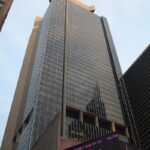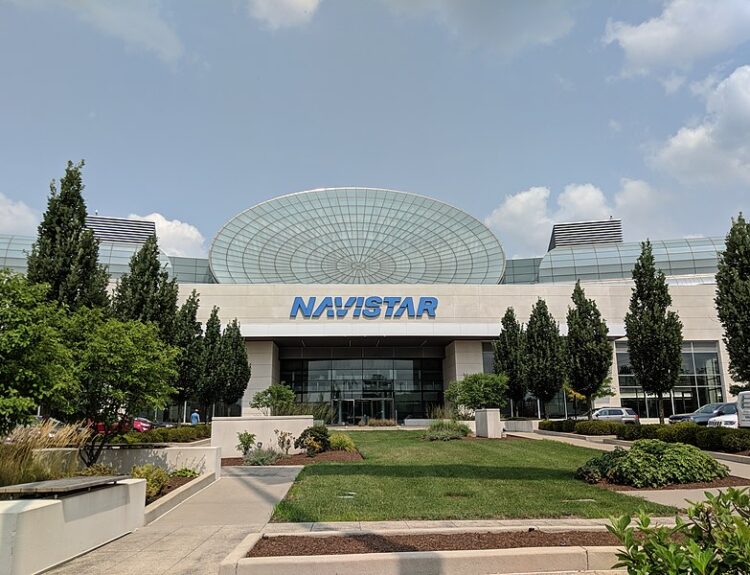Money, security, and scientific progress are at stake, warn lawmakers
- US risks falling behind China in space research without a replacement for the ISS
- Lawmakers express concerns about China’s growing space program and Tiangong space station
- NASA’s transition plan relies on commercial space stations, but readiness is uncertain
- Uncertain end date for the ISS creates instability for investors
- China’s patents in space research are growing quickly, while US patents decline
- NASA’s division of biological and physical sciences is underfunded
- Bilateral agreements between NASA and China are prohibited without permission from Congress
- Commercial platforms need to be available before the ISS is decommissioned
- Security concerns and worries about the ISS’ advanced age are raised
- NASA is working on a plan to safely bring down the ISS in the Indian Ocean
Lawmakers have expressed concerns that the US could fall behind China in space research if there is no ready replacement for the International Space Station (ISS). During a recent hearing, the future of space research and the ISS was discussed, with China’s burgeoning space program and Tiangong space station being raised as potential threats to US efforts in low Earth orbit. NASA has a transition plan that relies on commercial space stations, but the readiness of these outposts is uncertain due to factors such as funding and technical progress. The lack of a clear end date for the ISS creates instability for investors, who are looking for stability in their space projects. China’s patents in space research are growing quickly, while US patents decline. NASA’s division of biological and physical sciences is severely underfunded, which slows scientific progress. Bilateral agreements between NASA and China are prohibited without permission from Congress, limiting collaboration opportunities. The US must have commercial platforms available before the ISS is decommissioned, or partner nations may gravitate towards China. Security concerns and worries about the ISS’ advanced age are also raised. NASA is working on a plan to safely bring down the ISS in the Indian Ocean, but funding for this plan is still pending approval from Congress.
Companies Public: NASA (N/A), Axiom Space (N/A), SpaceX (N/A), Voyager Space (N/A)
Key People: Mary Lynne Dittmar (Chief Government and External Relations Officer, Axiom Space), Brian Babin (Chair, Subcommittee on Space and Aeronautics), Dylan Taylor (CEO, Voyager Space), Ken Bowersox (Associate Administrator, NASA’s Space Operations Mission Directorate)
Factuality Level: 7
Factuality Just: The article provides information about the concerns raised by lawmakers regarding the potential ceding of ground to China in space research if there is no ready replacement for the International Space Station. It discusses the aging ISS and the threat of Chinese research surpassing U.S. efforts in low Earth orbit. The article also mentions NASA’s transition plan and the uncertainties surrounding the availability of commercial space stations. It provides information about the priorities of the subcommittee on space and aeronautics and the consequences of a gap in space research. The article includes data on the number of experiments conducted on the ISS and China’s growing dominance in space patents. It also mentions the underfunding of NASA’s division of biological and physical sciences and the restrictions on NASA’s collaboration with Chinese government entities. The article discusses the concerns about cybersecurity, missiles, and the advanced age of the ISS. It provides information about NASA’s plan to safely bring down the ISS in the Indian Ocean. Overall, the article presents a range of information and perspectives on the topic, but it could benefit from more specific details and sources to support the claims made.
Noise Level: 7
Noise Just: The article provides relevant information about the potential risks of NASA ceding ground to China in space research if there is no ready replacement for the International Space Station. It discusses the concerns raised by lawmakers and industry experts, as well as the potential consequences for science, international relations, and commercial investments. The article also highlights the differences between the ISS and China’s Tiangong space station, including the number of experiments conducted and the share of international patents. It mentions the underfunding of NASA’s division of biological and physical sciences and the restrictions on collaboration with China. The article provides insights into NASA’s plans for the future of the ISS and the controlled reentry of the space station. However, it lacks in-depth analysis and does not provide actionable solutions or new knowledge for the reader to apply.
Financial Relevance: No
Financial Markets Impacted: No
Presence Of Extreme Event: No
Nature Of Extreme Event: No
Impact Rating Of The Extreme Event: No
Rating Just: The article primarily focuses on the financial implications of China’s space program and the retirement of the International Space Station. It does not describe any extreme events.
 www.space.com
www.space.com 





